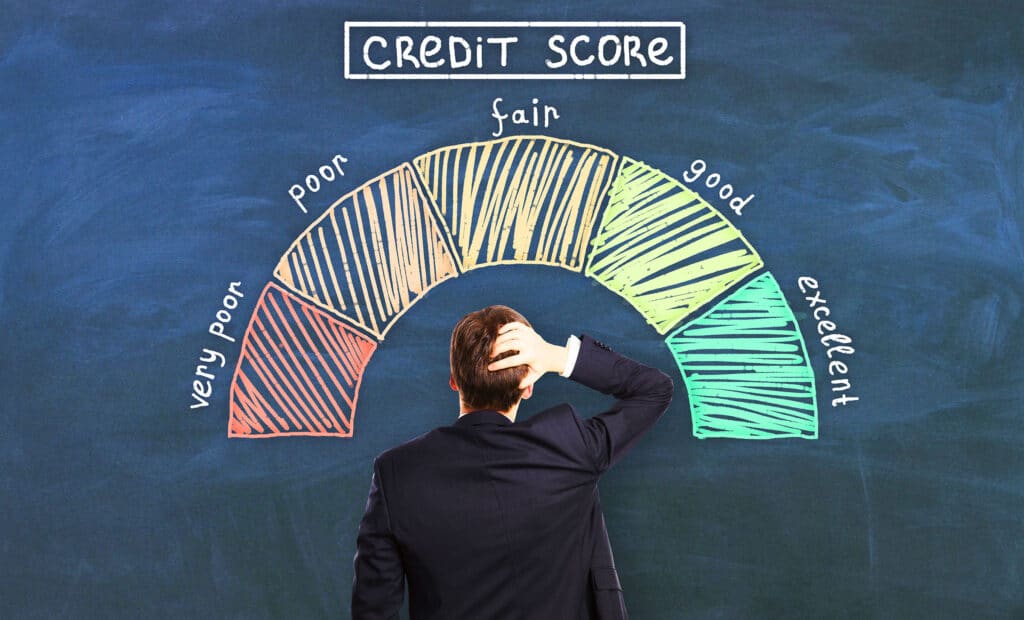
Excerpted from a Nerdwallet Blog by Amanda Barroso
A credit check shows parts of your financial history. Employers may use it if the job involves handling money or private consumer information.
Employers don’t get to see your credit score during this process, so there’s no minimum credit score to get hired. Instead, they review a shortened version of your credit report. It may include credit accounts, payment history, debts, bankruptcies or liens and some work history.
The practice is debated. Critics argue it hurts people who are trying to build or repair their credit while also looking for work.
Here’s what else you need to know about a hiring credit check, including whether it hurts your score, what rights you have and how to prepare for the process.
Why do employers check credit?
Employers say credit checks help them protect their money, workers and customers. They see them as a way to judge a potential employee’s trustworthiness and responsibility. The credit check functions as a kind of credit reference and employers believe it is a way to get key insights into a person’s character.
Your credit history might raise concerns if it includes:
- Late payments: Could signal you have trouble staying organized or following through on agreements.
- High debt or maxed-out credit cards: May suggest financial stress, which some employers see as a risk for theft or fraud.
- Past money troubles: Could indicate you are a poor fit for a job that involves managing company money or consumer information.
The Professional Background Screening Association survey of human resources professionals in 2021 found that credit or financial checks are included in 51% of employer background screenings for companies with U.S. locations.
What do employers see in a hiring credit check?
Potential employers see a modified version of your credit report.
Does an employer credit check hurt your score?
No. The credit check counts as a soft inquiry on your credit, so it won’t take points off your credit score the way a hard inquiry might. Hard inquiries happen when you apply for a credit card, mortgage, car loan or other big purchase.
The credit report also won’t show other soft inquiries on your credit, so potential employers won’t be able to see if other employers have checked on you. But you will be able to see the soft inquiries if you request your own credit report.
How do employers check your credit?
Businesses may get an employer credit report from one of the three major credit reporting bureaus — Equifax, Experian and TransUnion — or may use a specialty screening company.
What are your legal rights under the FCRA?
You can be denied a job because of your credit, but you do have protections under the Fair Credit Reporting Act. Here’s what the law requires:
Notification and permission: Employers must tell you if they plan to check your credit and get your written permission. The FCRA requires the notice to be “clear and conspicuous” and not mixed in with other language.
Warning before rejection: If your credit report is part of the reason why you might not get a job, the employer must tell you before the decision is made. You’ll get a pre-adverse action notice, including a copy of the credit report used and a summary of your rights.
Time to respond: Employers must wait a few days — usually three to five business days — before moving forward. This gives you a chance to explain negative items or correct errors with the credit bureaus.
Final notice, right to free copy: If the employer does reject you, it must follow up with a post-adverse action notice, giving the name of the credit report agency, its contact information and explaining your right to get a free copy of the report within 60 days.
For the full story, please click here.
